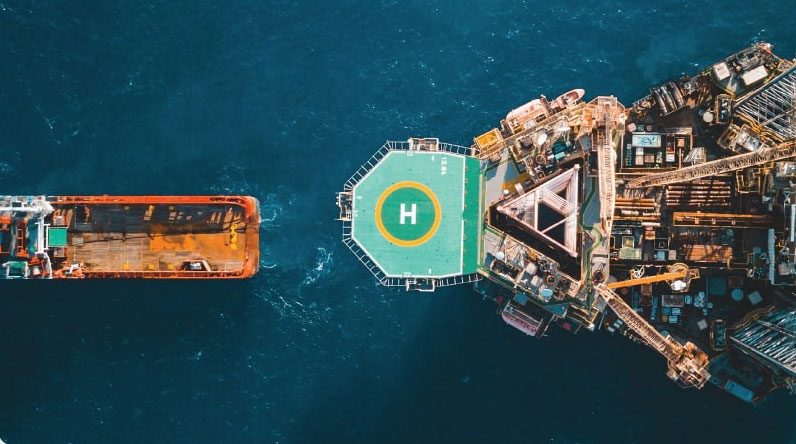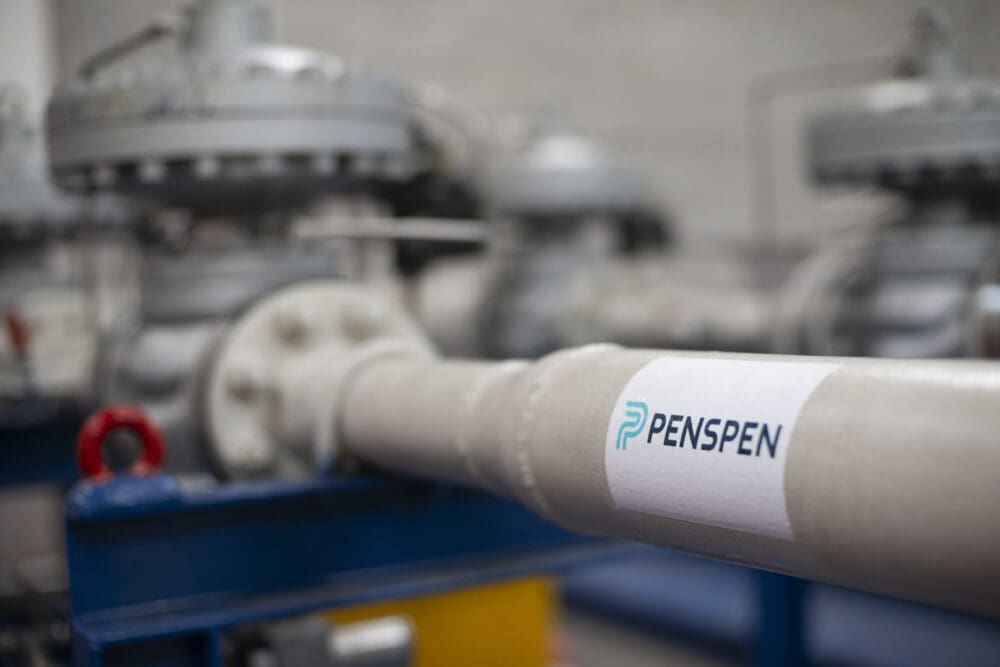Complete Form to Download the White Paper
"*" indicates required fields
White Paper: External Stress Corrosion Cracking
External Stress Corrosion Cracking (SCC) of buried onshore pipelines is a time-independent threat to the structural integrity of high-pressure pipelines.
Although no cases of external SCC have been reported in the UK, numerous instances have been reported in Europe, the US, and Canada. Several pipelines in the UK and Europe have been in service for more than 50 years, and the majority of them are protected with Coal Tar Enamel (CTE) and asphalt (bitumen) type coatings that have known associations with external SCC mechanisms.
The detection and management of SCC is more critical when the industry is moving towards the re-purposing of pipelines to transport hydrogen or hydrogen-blended natural gas, as hydrogen can potentially influence the toughness and resistance to crack growth.
This white paper outlines why and where stress corrosion cracking can occur and how operators can detect and manage the threat that external SCC poses to pipelines.
Related Insights

International Women in Engineering Day: Meet April, Najma and Nora
In this second edition, meet April, As-Build Coordinator & Lead CAD Associate at C&I Engineering, a company acquired by Penspen in 2024; Najma, Senior Finance Officer based in Abu Dhabi; and Nora,...

International Women in Engineering Day: Meet Shobhina, Maria and Rachael
The energy industry is changing rapidly, and meeting the challenges posed by this transition requires a diversity of talent and perspectives – something that we’re committed to addressing in a...

Carbon Capture, Utilisation and Storage – What are the Real Challenges & Costs?
As the global push for net zero intensifies, Carbon Capture, Utilisation, and Storage (CCUS) is emerging as a critical technology to decarbonise energy supplies and industrial processes. With the...

Challenges and Considerations for Hydrogen Integration in Natural Gas Pipeline Networks: A Comparative Screening Methodology
The global transition to hydrogen is accelerating, and repurposing existing natural gas pipelines is a critical step towards a low-carbon future. However, ensuring the feasibility, safety, and...




